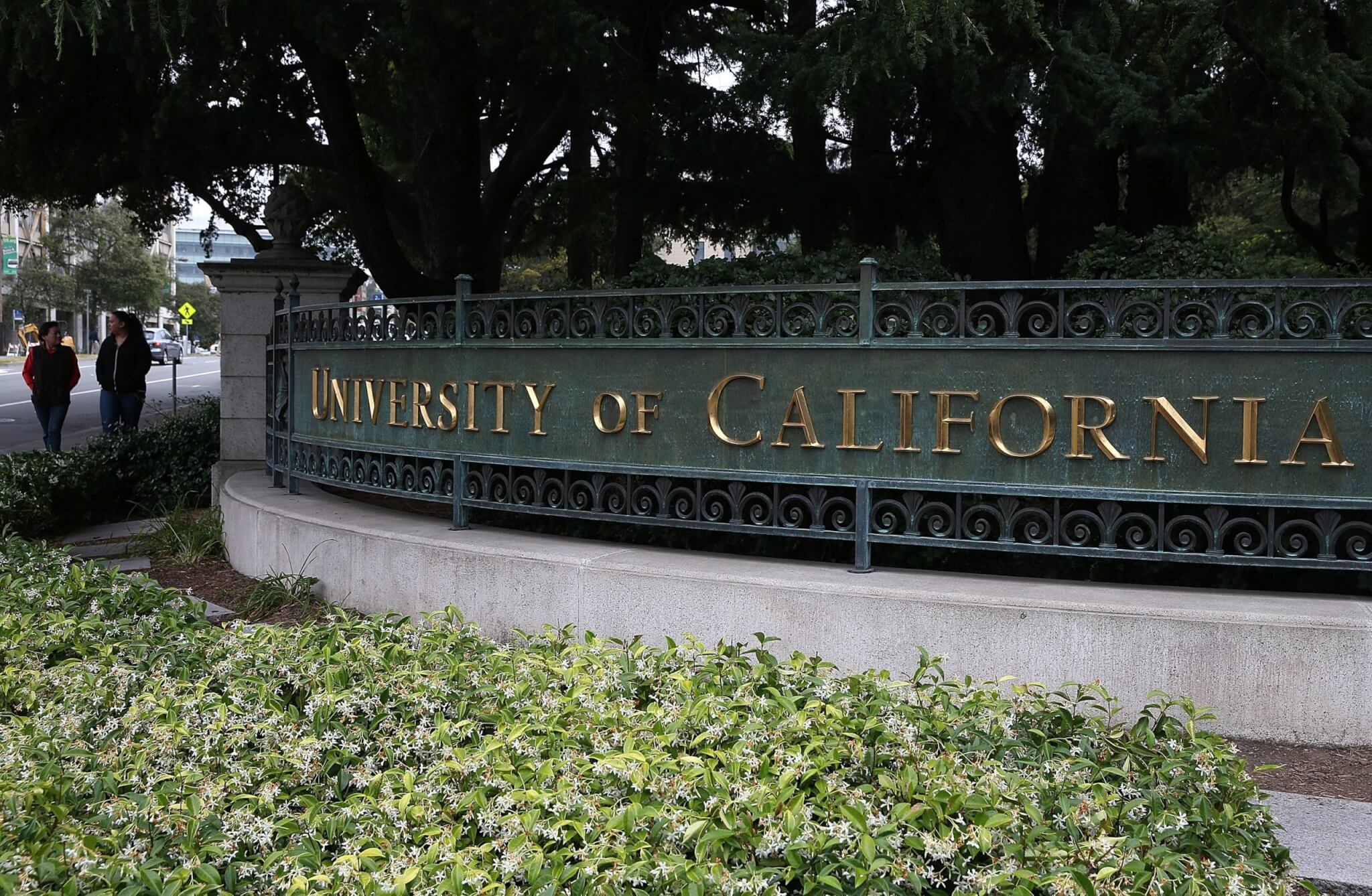Showdown over Berkeley lease break fees ends in favor of rental property owners

When UC Berkeley announced plans for the fall semester, it didn’t bode well for landlords who housed students. With in-person classes limited to small discussion groups, most of the classes in the fall will be conducted virtually.
With no need to physically be on campus and indeed, encouraged to avoid campus like the plague, students got up and left their apartments to return home. This exodus of student renters left many landlords holding the bag with broken leases, and at first, there was no relief from the Berkeley City Council.
In May, the City Council passed an ordinance prohibiting flat fees when a tenant breaks a lease, giving the tenant a license to vacate the premises prematurely and stop paying rent with impunity. The City Council went a step further by prohibiting roommate replacement fees.
Fast forward to July, when a surprise item came before the City Council to “further clarify” the rules as it related to UC Berkeley students who were expected to return home after the announcement the university would not be opening in full capacity come fall. After getting no shortage of input from tenant advocates’, the City Council determined that UC Berkeley students had an absolute right to break his or her lease with no penalty.

Not so fast
Our friends at the Berkeley Property Owners Association took exception, reminding City Council, the City Attorney, and the Rent Board Attorney of California Civil Code 1951.2, a state law that entitles landlords to recoup lost rent for the remainder of the lease and recover reasonable costs associated with re-renting the unit.
In ordinary times, a broken lease in Berkeley would certainly be an irritant, but rental property owners would not suffer a catastropic loss of income. New tenants could be found in short order, perhaps within 30 days or less. Enter the pandemic and the time it takes to secure another tenant is expected to be significantly longer.
This argument was persuasive, according to Krista Gulbransen, the Executive Director of BPOA. “They finally acquiesced and agreed that the ‘intention’ of the ordinance was not to deny an owner their right under state law,” she says. Gulbransen says the situation was aggravated by the outreach efforts of the University’s Student Affairs department. That body was disseminating misinformed form letters for tenants to use that told the owner they expected their entire security deposit returned and demanded to bow out of the lease without penalty. “In the end, the city did more harm than good,” Gulbransen concludes.
The real irony of it all
Many Berkeley landlords had a lease break fee equivalent to one month’s rent. That would release the student of any future obligations attendant to the lease but now, the owner’s only option is to charge the tenant rent until the end of the lease term, which is likely to exceed the cost of one month’s rent. In essence, tenants’ advocates have shot themselves in the foot.
Some takeaways and parting thoughts
Bornstein Law reminds landlords that once the lease is broken, they cannot rest on their laurels. Rental property owners have a duty to mitigate their damages by re-renting the unit as soon as possible at comparable rent. Once a new tenant is ushered in, the landlord cannot charge the outgoing tenant for rent due under the remainder of the broken lease.
What we find interesting about Berkeley’s saga is that the city’s reflexive measures to protect tenants during COVID was pitted against state law, and this is a recurring theme we have seen at Bornstein Law.
In San Francisco and Alameda County, for example, landlords are not permitted to evict because of unpaid rent debt accrued during states of emergency. Rather, any back rent is reclassified as consumer debt. A lawsuit alleges, among other things, that San Francisco’s ordinance strips owners of their unlawful detainer rights under state law. When it comes to ensuring tenants are housed during these tough times, municipalities are constantly pushing the envelope and have run the risk of violating superseding state law.
See our related post: San Francisco is given an inch, takes a mile with eviction moratorium
We are closely following the fluid developments throughout the Bay Area and will surely keep you informed. You can subscribe to updates or follow us on Facebook to stay in the know..
